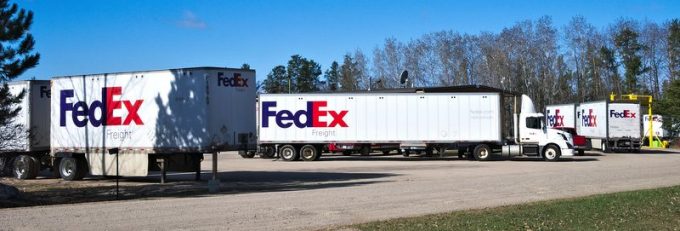FedEx message regarding passing of founder and executive chairman Frederick W. Smith
June 21, 2025 10:13 PM The following is a message sent to FedEx team members. Team, It is ...

FedEx Freight, the less-than-truckload unit of FedEx, appears to be heading for some kind of divestment.
In an earnings call in the wake of its latest quarterly results, FedEx president and CEO Raj Subramaniam admitted that the future of the company’s best-performing ...

Comment on this article